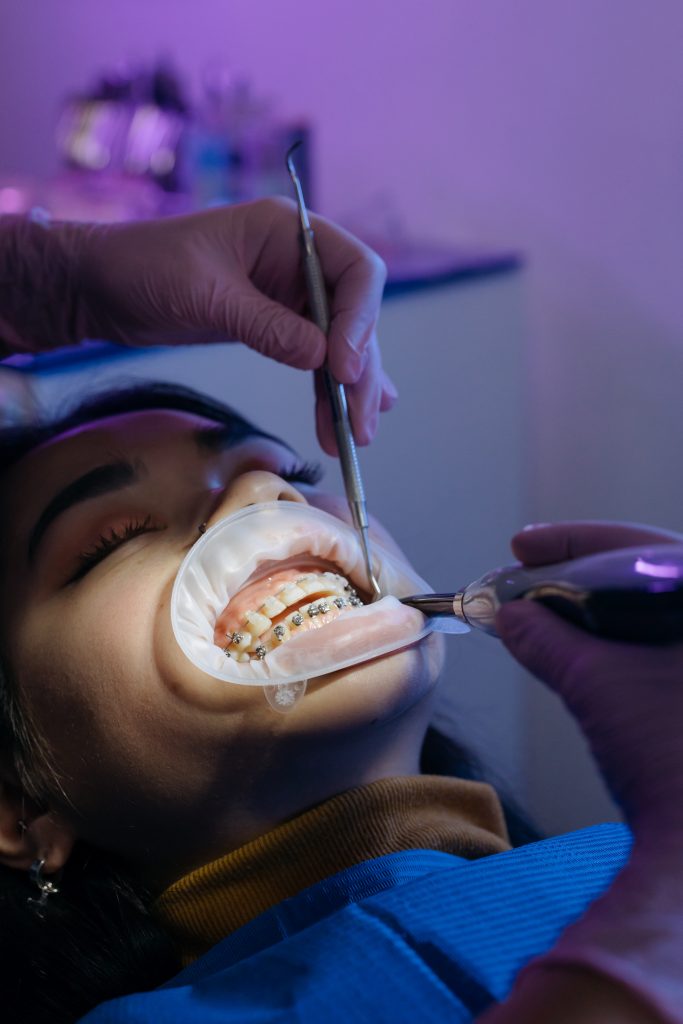There are several types of dental health centers: the oldest are those managed by the mutualist network, and the most recent are those, usually at low cost, created by private individuals in the form of associations.
Dental health centers offer all types of treatment, including implantology and periodontology, and all types of dentures. They practice third-party payment and receive beneficiaries of universal health coverage (CMU). The economic model of dental centers is based on controlling salary and purchasing costs in order to reduce the bill for the patient. But, for it to be viable, this model must operate with a high volume of activity.

The typology of dental centers
These centers are created on the initiative of various organizations. First of all, some primary health insurance funds (CPAM) directly manage one or more dental health centers.
There are also nearly 500 dental centers created by mutual benefit organizations, some of which are specialized, in orthodontics and implantology for example. These mutual centers are approved: they therefore do not exceed the amount of treatment listed in the nomenclature and, in principle, commit to a controlled out-of-pocket charge for other procedures. They benefit from a legal framework recognized by the laws of December 29, 1999 and July 21, 2009 and one by national agreement signed with the Health Insurance in April 2003.
Finally, there are also dental health centers managed by private individuals, through non-profit associations created for this purpose. These low-cost centers have multiplied in recent years. Main reason for their success: they offer very advantageous prices, up to 50% lower than those practiced by liberal dental surgeons. These very low prices are made possible by the fact that these centers are most often backed by commercial companies which supply the equipment. Through a set of cross-services, it is these commercial companies which perceive, in practice, the profits generated by the centers.
But several of these structures, of the “low cost” type, have known or are still experiencing financial problems such as patients and the Order of Dentists have been led to file criminal complaints against them for excessive care or unlike unfinished care.
Very flexible regulations
This is why, in a report submitted in 2016 to the Minister of Health Marisol Touraine, the General Inspectorate of Social Affairs (IGAS) proposes a stricter framework for the activities of this type of center, in order to avoid any commercial drift. .
The opening of a dental health center is in fact subject, since the Hospital, Patients, Health and Territories (HPST) law of 2009, to a simple declaration to the Regional Health Agency (ARS), accompanied however by ” a health plan and internal regulations specifying in particular the health and safety conditions (article L.6323-1 of the Public Health Code). In addition, each year, an activity report must be provided by the center to verify compliance with the commitments made.
But as long as a dental health center complies with the prescriptions of the public health code, with qualified dental surgeons and certified equipment and respecting the treatment protocols, it can quite easily obtain authorization from the ARS. It is this regulation that the public authorities would like to see evolve.